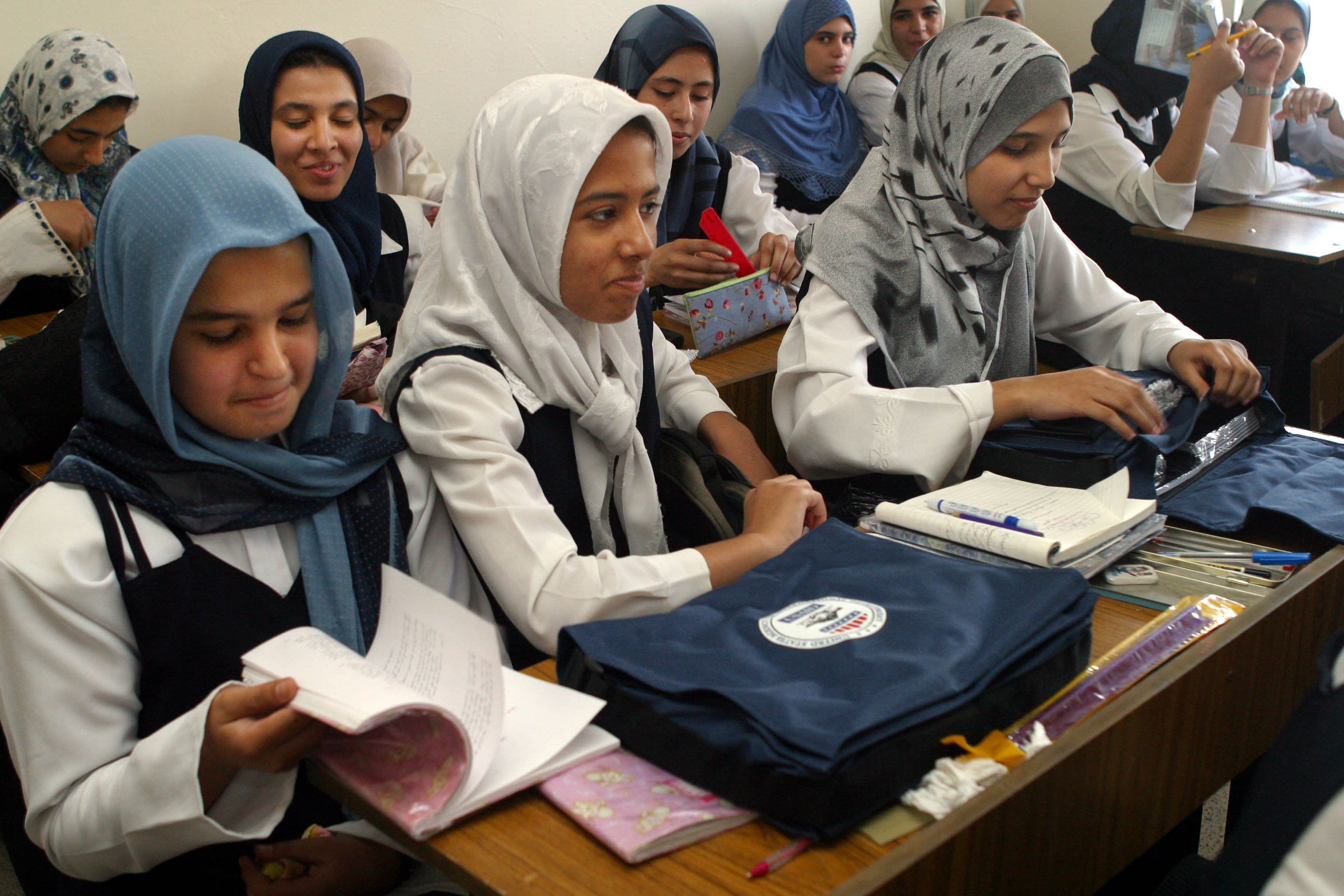Single-sex schools
Enlarge text Shrink text- Work cat.: Lee, V.E. The effects of single-sex schooling on student achievement and attitudes in Nigeria, 1989.
- Australian thes. of educ.
- Husen & Postlethwaite. Intl. encyc. educ.
- ERIC thes.
- ERIC database, Nov. 4, 1996(same-gender; same-sex; sex-segregated)
- Education Abstracts database:hdg. (segregation of sexes)
Single-sex education, also known as single-gender education and gender-isolated education, is the practice of conducting education with male and female students attending separate classes, perhaps in separate buildings or schools. The practice of single-sex schooling was common before the 20th century, particularly in secondary and higher education. Single-sex education is practiced in many parts of the world based on tradition and religion; Single-sex education is most popular in English-speaking countries (regions) such as Singapore, Malaysia, Ireland, the United Kingdom, Hong Kong, South Africa and Australia; also in Chile, Israel, South Korea and in many Muslim majority countries. In the Western world, single-sex education is primarily associated with the private sector, with the public (state) sector being overwhelmingly mixed sex; while in the Muslim world public schools and private schools are sex-segregated. Motivations for single-sex education range from religious ideas of sex segregation to beliefs that the sexes learn and behave differently. As such, they thrive in a single-sex environment. In the 19th century, in Western countries, single-sex girls' finishing schools, and women's colleges offered women a chance of education at a time when they were denied access to mainstream educational institutions. The former was especially common in Switzerland, the latter in the U.S. and the U.K., pioneers in women's education.
Read more on Wikipedia >
 Topic
Topic








